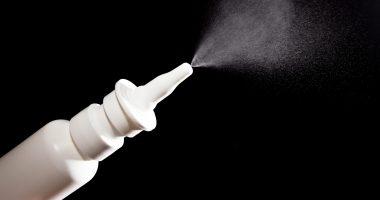- Medtech company LBT Innovations (LBT) says testing of its APAS Independence tech by Johns Hopkins has passed with flying colours
- The Automated Plate Assessment System (APAS) is designed to test patient samples for methicillin-resistant staphylococcus aureus, or MRSA
- MRSA is a strain of staph bacteria which can’t be treated by many antibiotics typically used for such infections, and is most commonly found in hospitals and other health care settings
- Usually, patient samples are assessed by trained microbiologists, which can be time — and labour — intensive
- The study tested APAS results against those of human assessors for over 4600 samples, with APAS reporting no false negatives and three true positives the microbiologists had missed
- The Johns Hopkins results further underpin the technology’s place as a one-of-a-kind clinical aid in plate screening
- LBT Innovations closed Tuesday’s session 9.5 per cent higher at 23 cents per share
Medtech company LBT Innovations (LBT) says testing of its APAS Independence tech by Johns Hopkins has passed with flying colours.
The Automated Plate Assessment System (APAS) is designed to test patient samples for methicillin-resistant staphylococcus aureus, or MRSA.
The testing was conducted at The Johns Hopkins Hospital and School of Medicine, in Maryland, United States.
Flying colours
MRSA is a strain of staph bacteria which can’t be treated by many antibiotics typically used for such infections, and is most commonly found in hospitals and other health care settings.
The APAS Independence tech uses intelligent imaging and machine learning software to scan patient samples, or ‘culture plates’. This study tested APAS’ capability of scanning the plates for the presence of MRSA.
Usually, the samples are assessed by trained microbiologists, which can be time- and labour-intensive.
The three-month study tested the efficacy of the APAS tech across 4603 samples manually checked by microbiologists.
The results were remarkable, with APAS recording no false negatives, and three true positives that were missed by the microbiologists.
Big tick
APAS is already the only U.S. Food and Drug Administration-cleared artificial intelligence technology for automated imaging, analysis and interpretation of culture plates.
The Johns Hopkins results further underpin the technology’s place as a one-of-a-kind clinical aid in plate screening.
LBT CEO and Managing Director, Brent Barnes, says the Johns Hopkins results are another vindication of the APAS tech.
“The findings of this evaluation demonstrate the clinical benefits that can be delivered by the APAS Independence, not only through workflow efficiencies for laboratories, but also to improve patient care through greater accuracy of culture plate reading,” Brent said.
“Building independent clinical data from industry-leading laboratories such as The Johns Hopkins Hospital is important to support the commercialisation of the APAS technology and provide a valuable reference for our customers,” he added.
LBT Innovations closed Tuesday’s session 9.5 per cent higher at 23 cents per share.







